
Maritime Security Awareness in Africa: Elevating Youth Voices
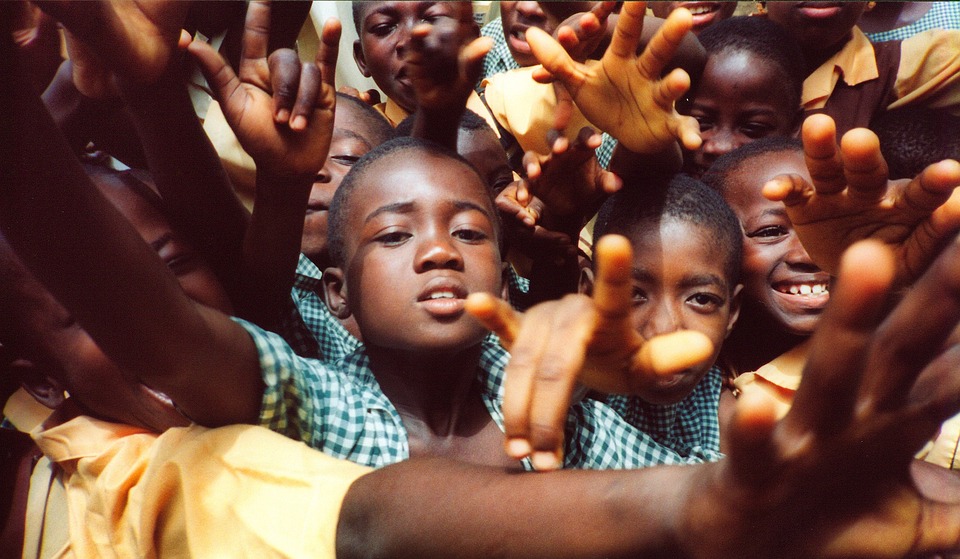 Africa remains the world’s youngest continent with a median age of 19.7 years.By 2050, one in three young people will live in Sub-Saharan Africa. Estimates suggest that 80-90 percent of African workers are engaged in the informal sector. Each year, 10-12 million African youth enter the labor market, but the African Development Bank estimates that only three million formal jobs are created annually. Meanwhile, nearly half of all African countries rank in the bottom quartile of Transparency International’s Corruption Perceptions Index and a new wave of predominantly young people risk their lives in search of better futures in Europe and elsewhere because they see none at home.
Africa remains the world’s youngest continent with a median age of 19.7 years.By 2050, one in three young people will live in Sub-Saharan Africa. Estimates suggest that 80-90 percent of African workers are engaged in the informal sector. Each year, 10-12 million African youth enter the labor market, but the African Development Bank estimates that only three million formal jobs are created annually. Meanwhile, nearly half of all African countries rank in the bottom quartile of Transparency International’s Corruption Perceptions Index and a new wave of predominantly young people risk their lives in search of better futures in Europe and elsewhere because they see none at home.
The Role of Sustainable Fisheries in Supporting Vulnerability to Viability (V2V) Transition
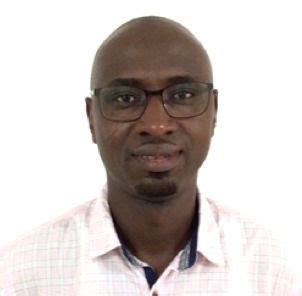 The pursuit of creating sustainable fisheries worldwide is of utmost importance due to its numerous benefits. This presentation by Dr. Evans Kwasi Arizi, a fisheries scientist specialising in fish stock assessment, dynamics, and oceanography at the University of Cape Coast (UCC), Ghana, aims to enhance understanding of the biological and managerial approaches to fisheries. Healthy stocks help improving the socio-economic well-being of fishing communities.
The pursuit of creating sustainable fisheries worldwide is of utmost importance due to its numerous benefits. This presentation by Dr. Evans Kwasi Arizi, a fisheries scientist specialising in fish stock assessment, dynamics, and oceanography at the University of Cape Coast (UCC), Ghana, aims to enhance understanding of the biological and managerial approaches to fisheries. Healthy stocks help improving the socio-economic well-being of fishing communities.
Prevent marine pollution, respect the sea
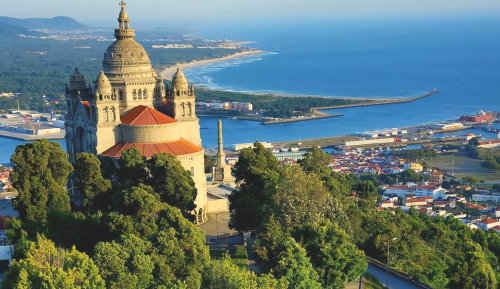 Viano do Castelo in Northern Portugal is a beautiful port city with an attractive historical centre and inviting beaches. But like all coastal places it struggles with the growing amounts of garbage, plastic and otherwise, which spoil the environment on land and in the sea.
Viano do Castelo in Northern Portugal is a beautiful port city with an attractive historical centre and inviting beaches. But like all coastal places it struggles with the growing amounts of garbage, plastic and otherwise, which spoil the environment on land and in the sea.
Mundus maris friend Prof. Sarah K. Meltzoff - see the review of her book on maritime anthropology - shared pictures of a remarkable public exhibition to alert citizens to the threats of garbage and marine pollution and promote greater respect for the ocean.
Social-Ecological System Orientated Value Chain: A Pathway for Vulnerability to Viability (V2V) Transitions
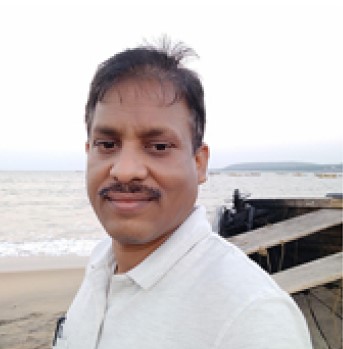 The production and trade of dried fish are important sources of livelihood and employment for poor people engaged in the dried fish value chain. Despite its importance, work on the dried fish value chain continues to focus on financial value creation and linear interactions among market actors that impede the recognition of human rights, justice, food security, and power across the entire value chain. Poor fishers and dried fish processors are placed at the extractive end of the value chain and hold low power in the market and remain vulnerable to changing social-ecological system dynamics.
The production and trade of dried fish are important sources of livelihood and employment for poor people engaged in the dried fish value chain. Despite its importance, work on the dried fish value chain continues to focus on financial value creation and linear interactions among market actors that impede the recognition of human rights, justice, food security, and power across the entire value chain. Poor fishers and dried fish processors are placed at the extractive end of the value chain and hold low power in the market and remain vulnerable to changing social-ecological system dynamics.
MARE Conference on Blue Fear - Mundus maris reflects
 Blue Fear – navigating ecological, social and existential anxieties during the Anthropocene - Amsterdam, 27-30 June 2023
Blue Fear – navigating ecological, social and existential anxieties during the Anthropocene - Amsterdam, 27-30 June 2023
"Oceans have always imbued seafarers with fear: fear of storms, pirates and shipwreck, and fear of the creatures that live beneath the surface. This conference suggests that such anxieties are currently broadening and intensifying. Not only are people afraid of occasional tsunamis and hurricanes that take lives and ravage coastal habitats. We are also afraid of what we have ourselves unleashed: the realities of sea level rise, climate change, pollution, overfishing and biodiversity loss. Scientists are working overtime to fine-tune the understanding of causes and effects and to provide possible solutions. International policy fora – such as those involved in the current Ocean Decade - are prodding policymakers and politicians to initiate meaningful mitigatory and adaptive action.
Mundus maris celebrates World Ocean Day 2023 in 3 continents
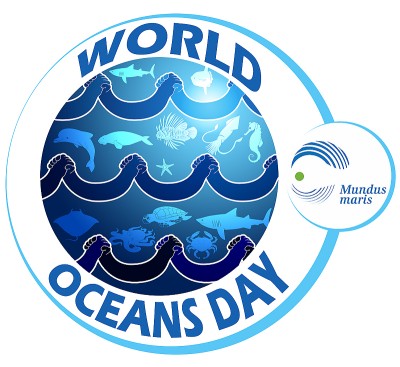 "Let’s Put the Ocean First", UN Secretary-General said in a message for World Ocean Day, 8 June 2023, urging all to keep pushing for recovery, conservation, sustainable use of resources. 'Humanity counts on the ocean. But can the ocean count on us?" Following on from recent global agreements to protect 30 % of the ocean - including the High Seas - and 30% of the land for stopping mass species extinctions, the UN motto for World Ocean Day 2023 was "Planet Ocean: Tides are Changing".
"Let’s Put the Ocean First", UN Secretary-General said in a message for World Ocean Day, 8 June 2023, urging all to keep pushing for recovery, conservation, sustainable use of resources. 'Humanity counts on the ocean. But can the ocean count on us?" Following on from recent global agreements to protect 30 % of the ocean - including the High Seas - and 30% of the land for stopping mass species extinctions, the UN motto for World Ocean Day 2023 was "Planet Ocean: Tides are Changing".
The Book of the Marine World - celebrating World Ocean Day
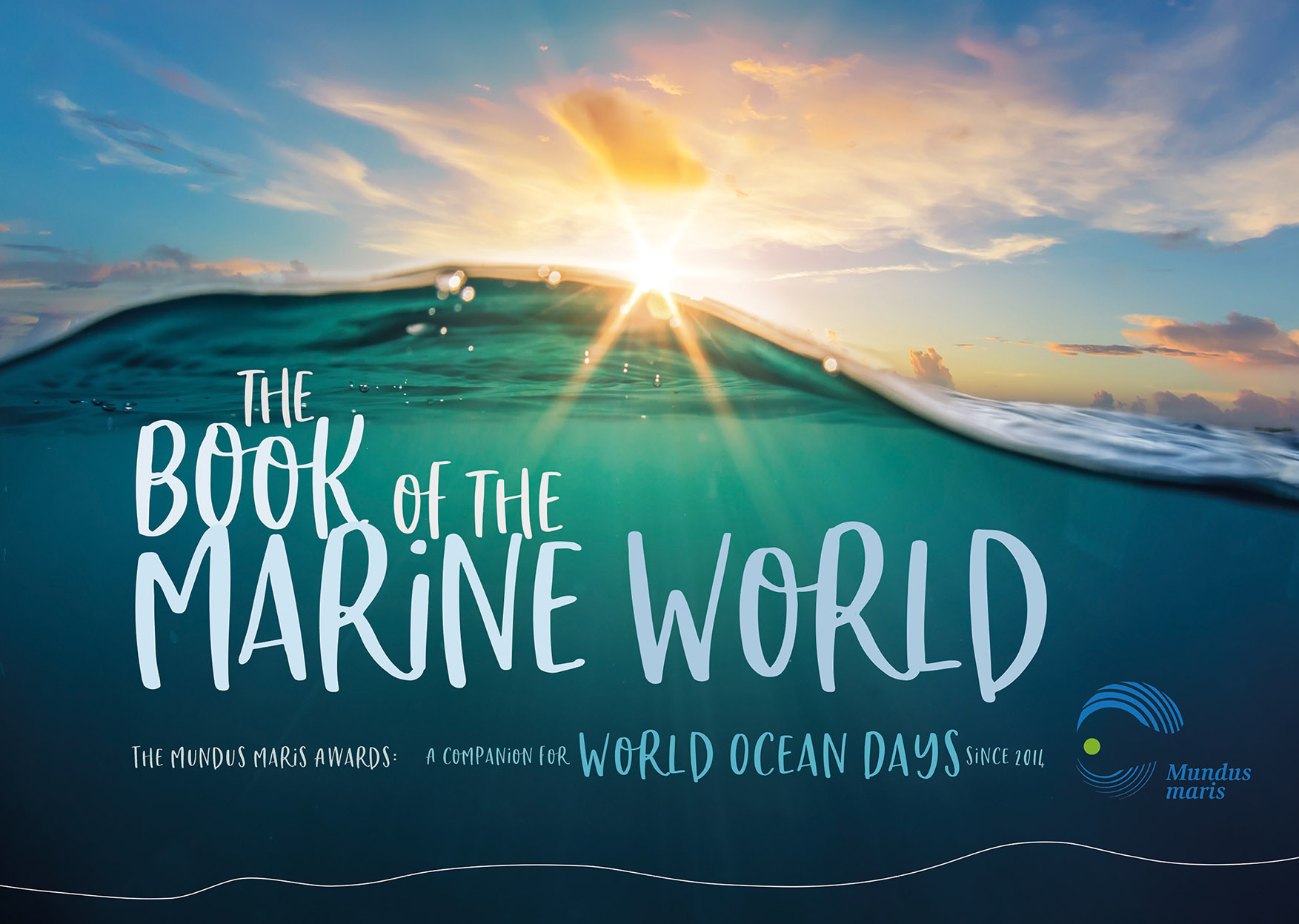
'Let’s Put the Ocean First’, UN Secretary-General says in message for World Ocean Day, 8 June 2023, urging all to keep pushing for recovery, conservation, sustainable use of resources. 'Humanity counts on the ocean. But can the ocean count on us?'
In this spirit Mundus maris has mobilised many, particularly young, people since 2013 to celebrate World Ocean Day. Year after year we organised clean-up days, engaged in open air sports activities, theatre and music performances and more in countries on three continents.
EU Ocean and Rivers Recovery Mission - Mediterranean Lighthouse
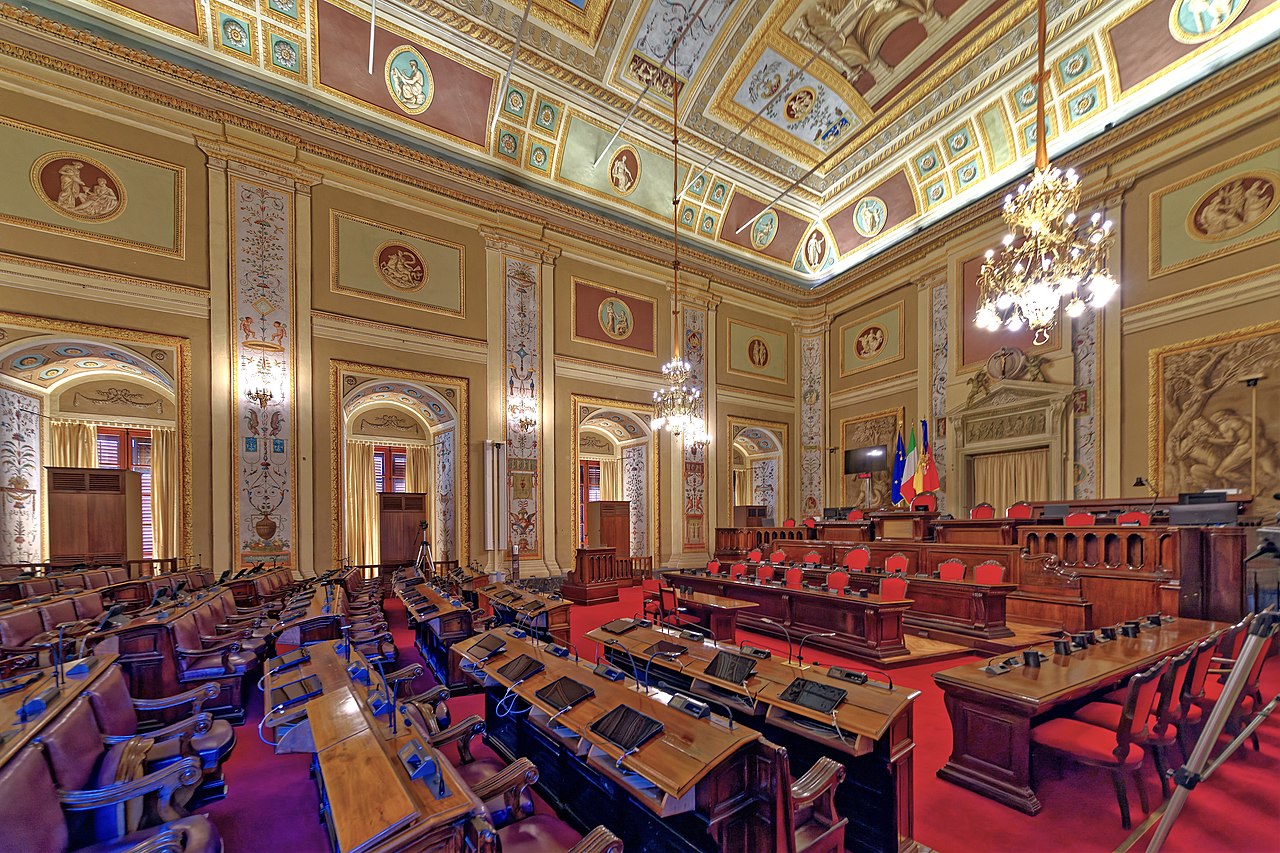 Palermo, Sicily, 30 and 31 May 2023. The regional Lighthouse Activities to recover the badly affected Mediterranean and Black seas brought together representatives of countries, regions, cities, islands, ports, fisheries, educational and research institutions and projects together into the regional parliament, Palazzo dei Normanni. The splendid Sala d'Ercole was certainly a prestigious venue in what used to be the royal palace of Frederic II with roots of Phoenician and Punic settlements retrieved in its foundations and today a Unesco World Heritage site in recognition of more than 2000 years of human and cultural exchange across the Mediterranean.
Palermo, Sicily, 30 and 31 May 2023. The regional Lighthouse Activities to recover the badly affected Mediterranean and Black seas brought together representatives of countries, regions, cities, islands, ports, fisheries, educational and research institutions and projects together into the regional parliament, Palazzo dei Normanni. The splendid Sala d'Ercole was certainly a prestigious venue in what used to be the royal palace of Frederic II with roots of Phoenician and Punic settlements retrieved in its foundations and today a Unesco World Heritage site in recognition of more than 2000 years of human and cultural exchange across the Mediterranean.
The Transition From Vulnerability to Viability Through Illuminating Hidden Harvests
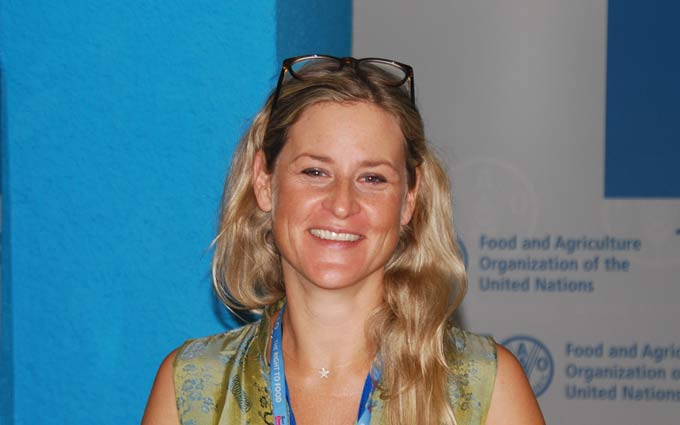 This webinar on 26 May 2023 in the series of monthly events of the V2V research platform uncovered the contributions and impacts of small-scale fisheries through a multidisciplinary approach to data collection and analysis. Nicole Franz, Equitable Livelihoods Team Leader at the Fisheries Department of the Food and Agriculture Organization of the UN (FAO) summarised key results from a multi-annual international research effort labelled "Illuminating Hidden Harvests. The contributions of small-scale fisheries to sustainable development".
This webinar on 26 May 2023 in the series of monthly events of the V2V research platform uncovered the contributions and impacts of small-scale fisheries through a multidisciplinary approach to data collection and analysis. Nicole Franz, Equitable Livelihoods Team Leader at the Fisheries Department of the Food and Agriculture Organization of the UN (FAO) summarised key results from a multi-annual international research effort labelled "Illuminating Hidden Harvests. The contributions of small-scale fisheries to sustainable development".
Beyond Growth - EP Conference, 15 to 17 May 2023
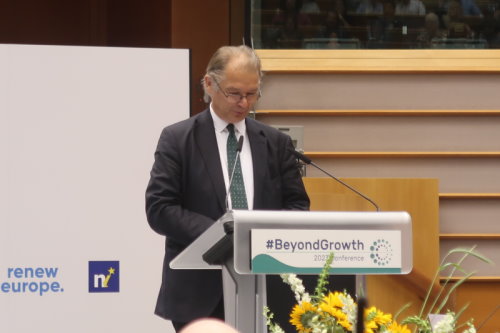 Excitement in and around the European Parliament. Droves of primarily young people standing in line to get their entry passes. They were among the 2000+ people registered for the 'Beyond Growth' Conference in the European Parliament, convened in hybrid mode. Only about half could participate in person. How can we all live dignified lives within planetary boundaries, the one planet we must share with organisms on the land, in the ocean and with fellow citizens everywhere?
Excitement in and around the European Parliament. Droves of primarily young people standing in line to get their entry passes. They were among the 2000+ people registered for the 'Beyond Growth' Conference in the European Parliament, convened in hybrid mode. Only about half could participate in person. How can we all live dignified lives within planetary boundaries, the one planet we must share with organisms on the land, in the ocean and with fellow citizens everywhere?
April V2V lecture - Vulnerability to Viability: Mind Matters
 The terms ‘vulnerability’ and ‘viability’ are usually studied in the context of socio-cultural and political-economic settings. In these cases, they would refer to vulnerability from and viability in challenging external circumstances, such as the consequences encountered by ecosystem-dependent communities in the Sundarbans in India and Bangladesh. However, the speed and quality of transition are directly proportional to the psychological constitution, worldviews, and resilience of the individual and their sum total collective.
The terms ‘vulnerability’ and ‘viability’ are usually studied in the context of socio-cultural and political-economic settings. In these cases, they would refer to vulnerability from and viability in challenging external circumstances, such as the consequences encountered by ecosystem-dependent communities in the Sundarbans in India and Bangladesh. However, the speed and quality of transition are directly proportional to the psychological constitution, worldviews, and resilience of the individual and their sum total collective.






